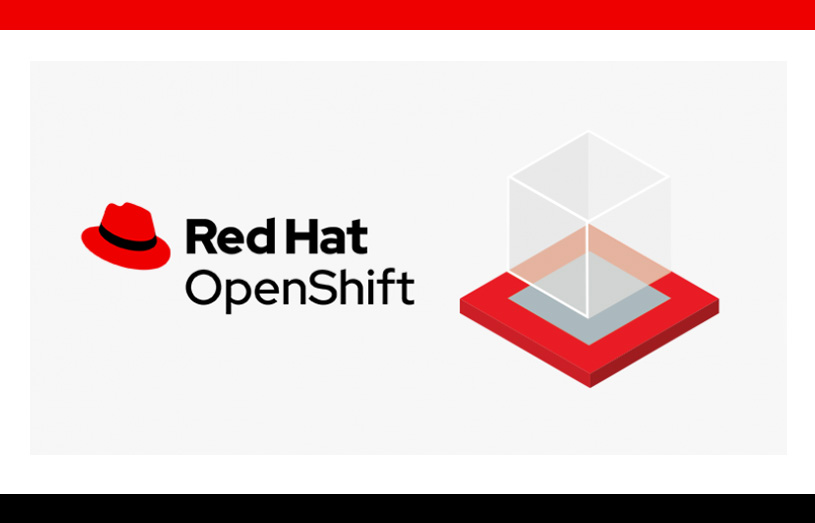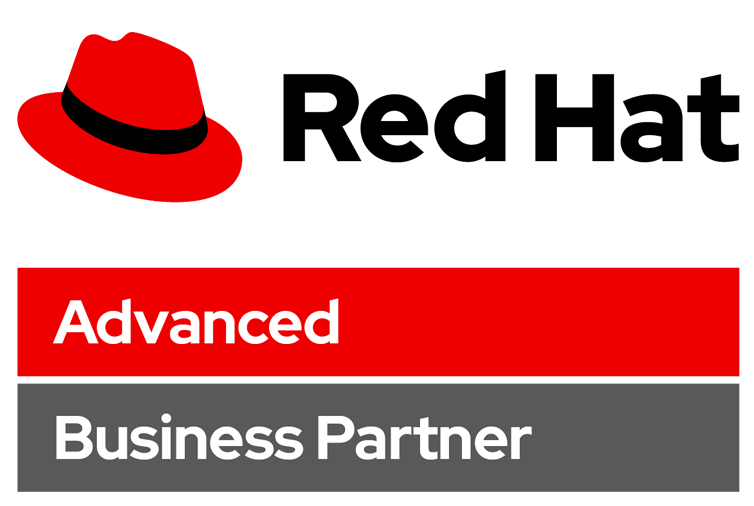Windows Containers Support now provided for Red Hat OpenShift
Red Hat Builds a Common Kubernetes Foundation for Windows and Linux Container Workloads
Red Hat, Inc., the world’s leading provider of open source solutions, has announced that it now has the ability to run and manage Windows Containers through Red Hat OpenShift, the industry’s leading enterprise Kubernetes Platform. With the ability to manage both Linux and Windows-based containerized workloads side-by-side, IT teams can eliminate the need for parallel software stacks in environments across the hybrid cloud.
According to the Cloud Native Computing Foundation 2020 Cloud Native Survey, this year, 92% of survey respondents say they use containers in production — a 300% increase from just 23% in the first survey in March 2016. As use of containers in production has continued to expand, Red Hat sees the need for an enterprise Kubernetes platform that can not only span all open hybrid cloud infrastructure, but also the variety of workloads and applications running on this foundation.
A common platform for Windows and Linux container innovations
As organizations move to modernize more of their applications with containers, the vast majority of these workloads are supported by two leading operating systems — Red Hat Enterprise Linux and Microsoft Windows. However, heterogeneous environments with both Windows and Linux platforms often silo applications, making it difficult for enterprises to transform and scale their operations. Red Hat OpenShift smooths out IT processes by now enabling both Windows and Linux based containerized applications to be managed side-by-side by a single control plane.
Red Hat OpenShift provides organizations running mixed Windows and Linux workloads the benefits of a common Kubernetes platform with a single, cohesive solution to manage containers regardless of whether the cloud-native workloads are running Microsoft Windows or Red Hat Enterprise Linux.
To enable support for Windows Containers, Red Hat OpenShift uses the Windows Machine Config Operator (WMCO), a certified OpenShift operator based on the Kubernetes Operator Framework, jointly supported by both Red Hat and Microsoft. Red Hat OpenShift users can access the Windows Machine Config Operator via the Operator Hub to begin managing their Windows Containers within the OpenShift console.
Increased flexibility and control across heterogeneous environments
With the Windows Machine Config Operator as the linchpin, Red Hat OpenShift orchestrates both Red Hat Enterprise Linux and Windows to run as building blocks of applications and supports .NET Core applications, .NET Framework applications and other Windows applications. Organizations can then run Windows containers on Red Hat OpenShift wherever it is supported across the open hybrid cloud, including bare-metal servers, Microsoft Azure, AWS, Google Cloud, IBM Cloud and, in the future, VMware vSphere.
Red Hat OpenShift now provides organizations with the ability to:
- Move Windows containers to Red Hat OpenShift without needing to completely re-architect or write new code.
- Lower deployment costs for containerized workloads in heterogeneous IT environments.
- Improve productivity and DevOps agility by providing cloud-native management through a single platform.
- Greater portability and survivability of applications across hybrid cloud environments, including new public cloud deployments or edge installations.








